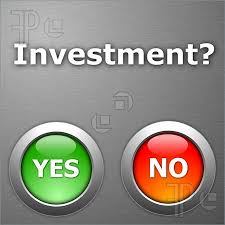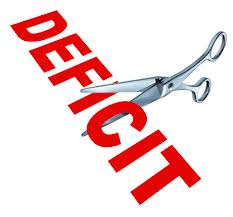Answering a few questions can determine if a business is truly an excellent one. After evaluating a company’s ability to generate income, the next question you should consider are as follows.
- Does the company have a conservative long-term debt strategy? Debt is an unreliable source of cash because the company has to pay interest costs to the lender. If a company suffers a temporary crisis and is short on cash, it will not be able to pay its lenders. Because of this, investors should prefer companies with a high current asset to current liability ratio. However, there are some exceptions to this rule. A company with a high cash balance might have a bad cash management strategy since cash should be reinvested to grow the company. This is expecially true for businesses that don’t require high cash balances at all, like the retail shops.
- Is the company soundly managed? For you to find out, use these three proven tests. Test number one is, share buybacks. For a company to buy back its shares, it must have excess cash in hand. This strategy is used by companies for different reasons. But it’s best for companies who intend to buy back its shares to rather distribute the cash back to its shareholders. Also, companies should never execute share buybacks just to boost its share price or to stop a fall in the share price. Test number two is, retained earnings usage. Net income can be used in two ways. Distribute it as dividends or retain it for reinvestment. The company must be capable of offering revenue growth to its shareholders. A good company is the one that uses its earnings to reinvest for future growth. Test number three is, sticking to what you know. This strategy determines if the company has a sound management team. A good company strives to invest and develop products in its field of expertise rather than risking shareholders’ money by jumping into other sectors. So, these tests confirm if a company is soundly managed.
- Do you have a good understanding of the company business model? No investor should buy stocks from a business whose operations he or she doesn’t understand. Buy shares as if you are buying the whole business.
- Does the investment offer a reasonable price with a good safety margin? Price earnings ratios, earnings and dividend yields, book value, comparative rates of return are some useful ratios to determine a share’s intrinsic price. An investor should seek to optimise the use of these ratios to ensure a high margin of safety when choosing to invest in a stock.
Assess the company using these questions. And if you get the answers as ‘YESes’, you’ll know that the company is worth investing in!
Click here for government certification in Accounting, Banking & Finance





6 Comments. Leave new
Good job!Content is too good.
Thanks!!
Nicely explained..
Informative article.good job!
nicely written;);)
Actually Investment is like your firing with eye close 😀 you never know waht will stick the target 😀
The same comes to purr it in a company , the article is well researched 😀 and the points are so apt 😀
Keep it up
Very wel codefied 😀